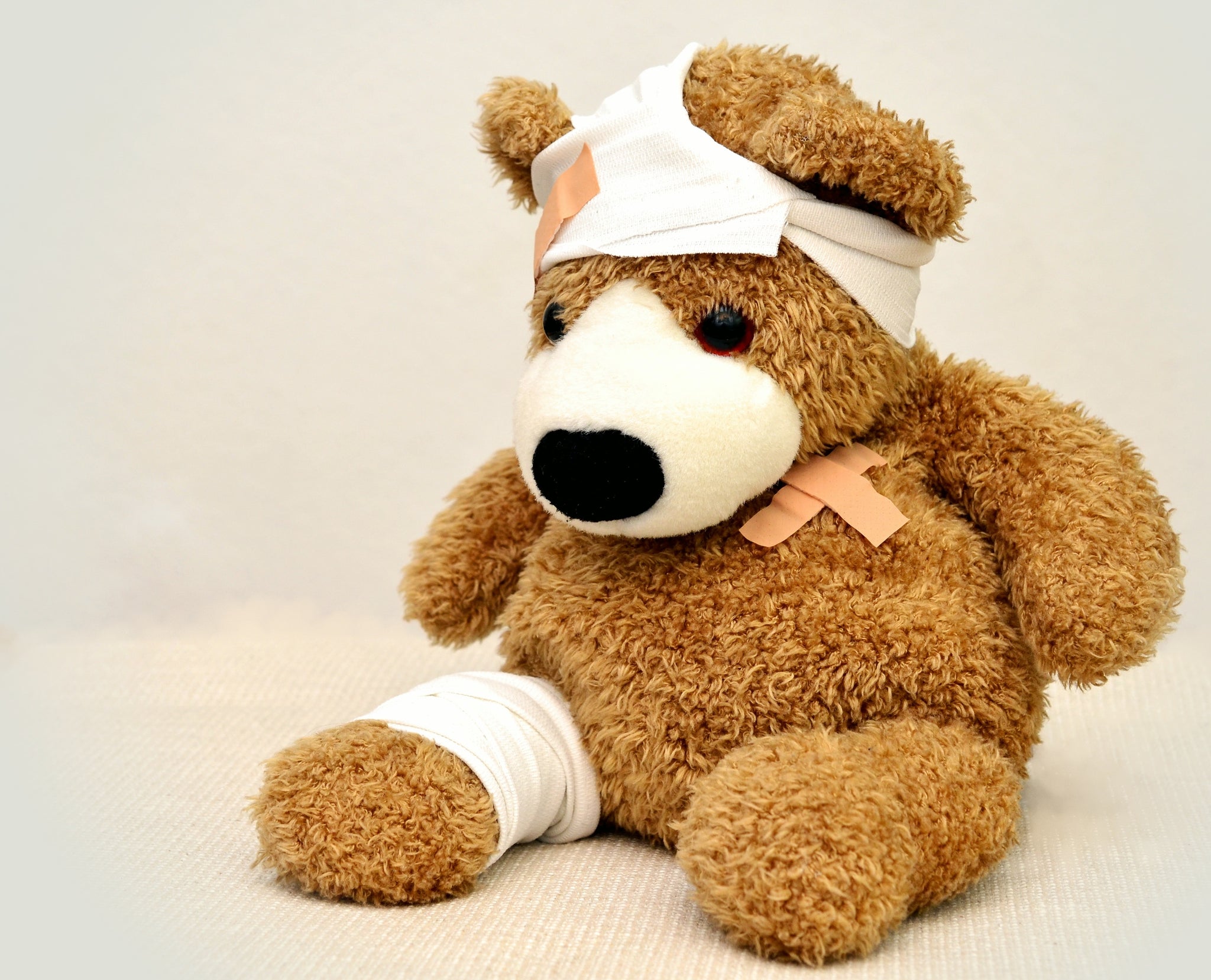Dealing with the Common Cold, Flu and other diseases
It’s that time of year again when a runny nose accompanied by a cough runs rampant, except those symptoms have been prevalent all year round with the rise of Covid-19 in the U.S. The common cold and flu aren’t the only bugs that will be circulating throughout this upcoming winter. This year we have to worry about Covid too. Unfortunately for you and I many of these illnesses share the same symptoms, making them difficult to distinguish one from another. In this blog most we will go through methods that provide you with an outline in order to stay safe and healthy this winter.
The Common Cold
According to the CDC common colds are a significant reason why children and adults miss out on obligations. In the United States, there are millions of cases of the common cold. Adults have an average of 2-3 colds per year, and children have even more. Stress and lack of sleep can increase your risk of getting frequent colds. Practicing good hygiene, eating right, sleeping, and reducing stress all help keep colds away. Other steps to avoid catching a cold include;
- Clean frequently used surfaces - Viruses can live on doorknobs and other places people often touch
- Wash your hands, especially before eating or preparing food. You also want to wash your hands after using the bathroom, wiping your nose or coming in contact with someone who has a cold
- Use hand sanitizers when you don’t have access to soap and water
- Avoid touching your face - Cold viruses spread from your hands to your eyes, nose and mouth
- Strengthen your immune system so your body is ready to fight off germs. Get enough sleep, eat a healthy diet and exercise
Influenza
Influenza is a serious disease that can potentially lead to hospitalization and on rare occasion even death. Every flu season is different, and influenza infection can affect people differently. It's likely that flu viruses and the virus that causes COVID-19 will both spread this fall and winter. The easiest way to fight against the flu is by getting a flu vaccine. Influenza is the only respiratory virus that is preventable by vaccination. Flu risk reduced up to 60% with the vaccine. Other ways to help prevent against the virus include;
- Wear A Mask to prevent possible exposure when out in public places
- Eat Healthy and balanced meals to strengthen your immune system
- Exercise boosts your immune system and helps to speed recovery from illness
Bronchitis
Acute Bronchitis or simply Bronchitis is a viral respiratory infection causing the inflammation of the lining of bronchial tubes, which carry air to and from the lungs. infection. Commonly appearing in the winter acute bronchitis starts suddenly, usually over a few days. At first, you may have cold or flu symptoms such as runny nose,sore throat, tiredness, chills, sore muscles and a slight fever. These symptoms will usually last 3 to 5 days until you get the dreaded cough. Usually doesn't produce mucus at first but may later produce clear, yellow, green, or sometimes even bloody mucus. This disease may make your chest hurt when you cough or breathe deeply. Often lasts 2 to 3 weeks and sometimes even longer. If you somehow catch this virus the best way to treat it is by;
- Taking over-the-counter medicines such as acetaminophen or ibuprofen
- If you have wheezing, your doctor may prescribe an inhaler
- Cough medicines almost never make you feel better, but some can help a little at night if your cough keeps you from sleeping.
No matter the time of year, it’s important to practice good hygiene, such as hand washing, and avoiding contact with other people when you are contagious. If you find yourself sick during the winter months, your immune system will often handle it. However, don’t be afraid to go to a Doctor and seek professional help. We hope this blog helped you learn something new about preventative measures to take to stay safe this upcoming winter.


